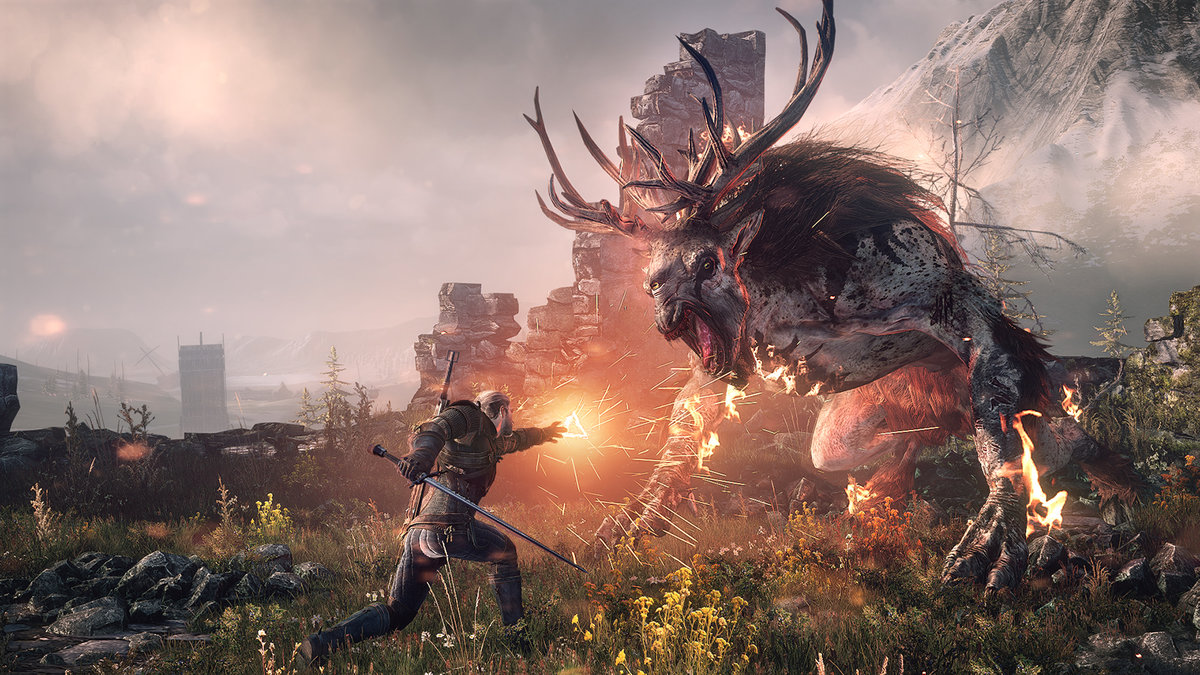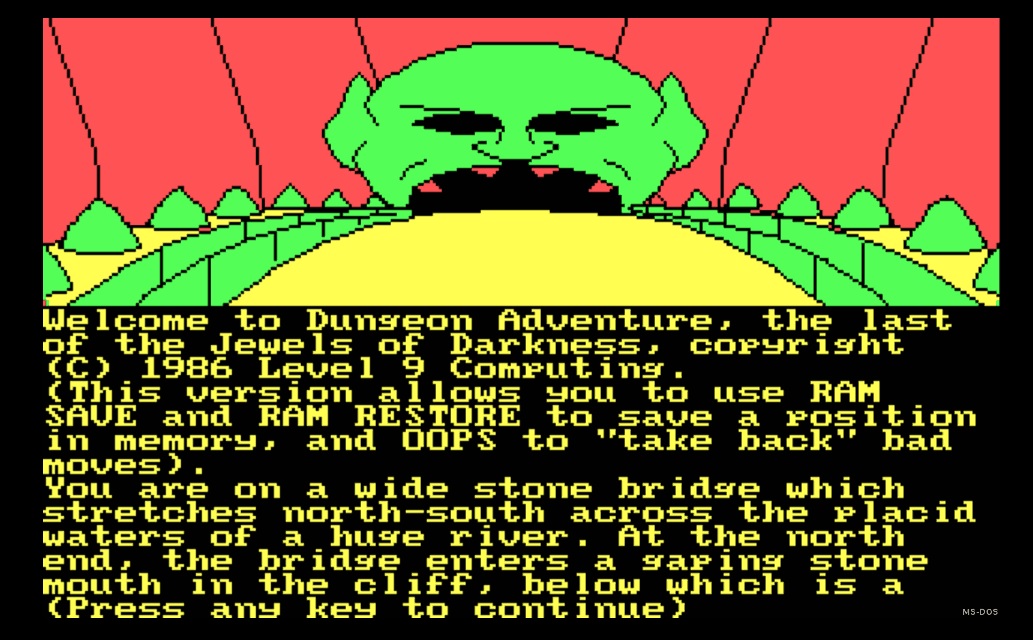Much like movies, gaming as an industry has grown to be a robust machine churning out titles, both big and small, at an obliterative pace. Suffice it to say that it is impossible to try and play all games that release every year. Moreover, considering that the price of games has been on the rise for the past few years, partly due to increased production cost and partly due to inflation, it is impossible to purchase and play all games.
So, in order to not get blown away in the confusing hype created by reviewers, here’s what you should keep in mind about gaming reviews.
1. The problem of big titles:
The issue with game reviewers is that they mostly expend time and effort praising AAA titles that release every year instead of lesser known artistic or Indie games. Not everyone likes major titles with repetitive gameplay. You would rarely see any famous gamers play with Online casino, Karamba, an indie mobile game, or let’s say the games that aren’t don’t get into enough limelight. We’re talking about the games that are niche and aren’t very popular in the industry of gaming reviewers.

2. Appeals vary widely:
The issue with gaming in general is that it is almost impossible to please everyone. In terms of narratives and themes, games tend to include only a limited number in their arsenal. However, with time, the expectation from games increases. It isn’t rare for reviewers to expect deeper political or social commentary from games, after the success of titles like Detroit Become Human.
However, it is impossible for games, like Assassin’s Creed that seek to be historically accurate to both portray the times while tending to demands of politically correctness. Two distinct possibilities arise here: Either the game sticks to its roots, and builds a good gaming but gets scathing reviews for not doing enough or for being problematic. Or, it can fit political pandering in its theme and make itself a terrible game, but get hearty praise from reviewers. An example for this is Assassins Creed: Odyssey, for which Ubisoft got rid of all its Assassins’ roots and made it a messy poor quality RPG, that looks like a poorly made copy of Witcher 3.
3. Mismatch between target audience and reviewers:
A big issue where the premise of reviews falls flat is that hardcore gamers usually do not fit the target audience of reviews. Gamers can be broadly classified into hardcore or serious gamers and causal gamers. And while most games are made with the former in mind, game reviews are made keeping the latter in mind. That’s because game reviews too, are a market that needs to pander to an audience to sell itself. While most reviewers are knowledgeable and competent enough to make detailed reviews, most of their audience wouldn’t consume such reviews.

As sad as it is, most casual gamers just want to play a first person shooter for fun. They do not care about social commentary, or beautifully written characters or aptly composed music scores. When reviews are written keeping them in mind, blissfully average games like Call of Duty keep getting very high reviews. And while playing CoD is definitely fun, it fails to hold its own against impressive games like Witcher 3 or Batman: Arkham Knight.
4. The issue with influence:
A second issue with gaming reviews being a business is that these sites depend on developers for content for their channels. Reviewers that bring out reviews earlier obviously stand to gain since there is a flux of readers to their channels about the exciting new title, which earns them a lot of money. This in turn means review sites depend on developers to send them early and free copies of games for them to try out, and review. For every bad review they give, they turn off the developer from dealing with them in future, which in turn makes competing review channels benefit.
This creates a dangerous nexus between gaming review channels and developers. This in fact harms smaller developers more since they effectively make lesser games than bigger developers. Thus, an Electronics Arts, can utilize this nexus for their benefit much better than a CD: Projekt Red, although the latter is arguably a much better developer. And this means, very average EA games will get much better reviews than a fantastic game developed by CD:PR.

In Conclusion
However, as we know, making video games are one of the most elevated forms of contemporary human art. And art, by virtue of interpretation, is extremely subjective.
Thus, in an effort to pick and choose games that are worth our time and money, we obviously tend to look at gaming reviews. Not only do they offer a valuable insight into what each title is about, but they also explain important details like the brilliance of narratives, character development, gameplay mechanics, multiplayer experience, presence of inhibitive micro transactions, and tend to give an overall suggestion on whether or not they recommend the game.
Therefore, it is foolhardy to expect reviews to do a perfect job in terms of recommending games that you may like. For the Silo, Ritik Pandey.




